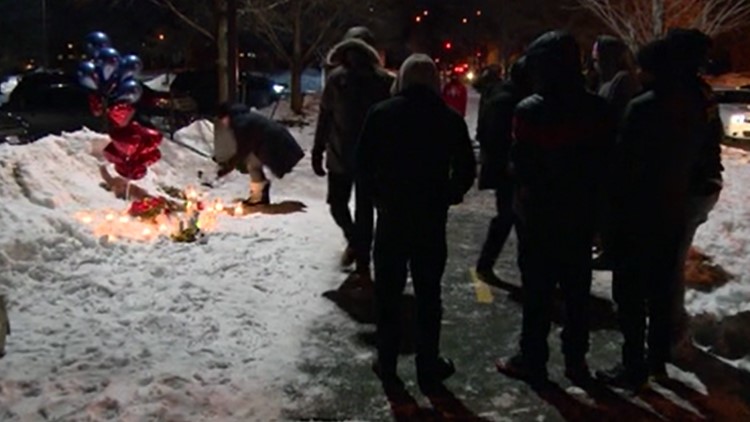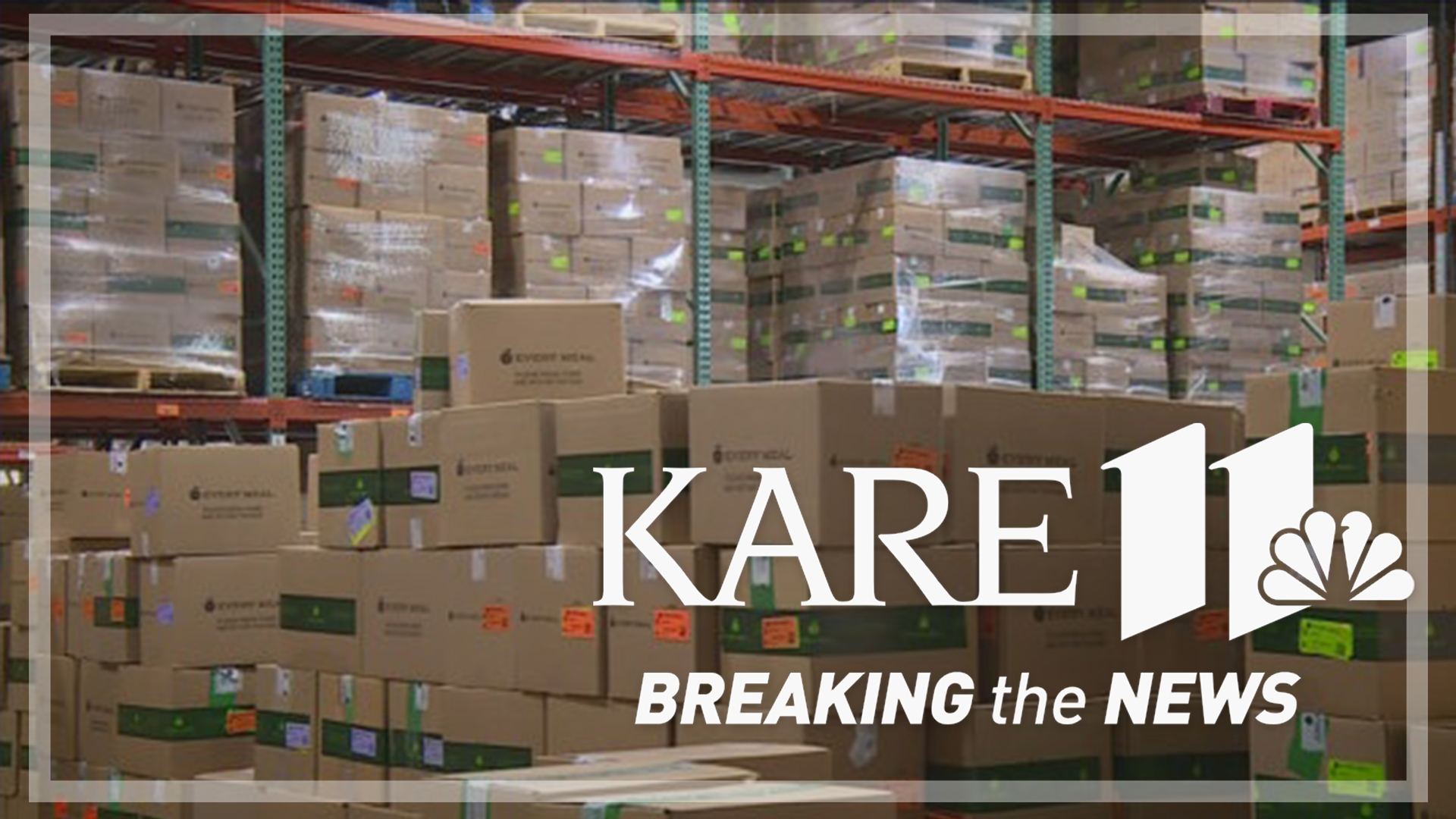MINNEAPOLIS — It's an obvious statement, but one that carries a lot of heaviness. In a press conference Wednesday, Intermediate School District #287's superintendent Sandy Lewandowski pointed out the pain everyone was going through following a shooting outside the school that killed one student and critically injured another.
"Our students and their families are hurting, our staff are hurting, the members of our safety team and others who first responded to our students injuries are hurting greatly," Lewandowski said. "The trauma they experienced with them would be with them the rest of their lives."
That trauma, if left unaddressed, could tighten like a knot in a muscle and cause problems in the future, according to trauma-focused psychologist Dr. Justine Chatterton.
"Not only does it get tighter but it makes us more vulnerable to injury in that spot again," Chatterton said. "And trauma works the same way. If we're not able to reach out for the support, we need to work through things, we're likely to end up in situations that feel really triggering down the road."
Bringing a traumatized person to talk about the very thing that shook them up can be hard, but Chatterton says it can begin by normalizing their feelings.
"I try to help people understand that whatever your body is doing to react to this, it's not crazy it's not bad," she said. "It might not feel good but it's your body and your system trying to help you cope."
And offering up empathy, or a sense of relatability can also help people open up, especially for teens and kids.
"It's not just you had something bad happen so you have to talk about it, it's really a collaboration," she said. "Sometimes scary things happen to people, and this is how we help ourselves. Using your experiences to relate to kids can be powerful."
Superintendent Lewandowski also says the school will have supports when the return for classes on Friday, including restorative circles.
Chatterton pointed out that restorative circles are a practice that strengthens the relationship among people with shared experiences. It's something indigenous folks have been doing for a long time before they popped up anywhere else.
"When trauma happens, not only do we get disconnected inside of ourselves a little bit, that freeze response, we also get disconnected from one another," she explained. "The event is traumatic but the disconnection perpetuates the trauma, we feel alone, isolated and not sure what to do to move forward. So community is healing because it heals the disconnection that happens with trauma."
Lastly, as the superintendent put it as well, re-entering a routine after this might not be for everyone. On the other hand, routine is what students may crave after something like this. Chatterton says both are normal...and no matter what, small steps are necessary.
"We want to have these conversations, but we also want to take breaks and offer coping skills in the meantime, maybe it's journaling, taking a shower, or going outside to play with friends," she said. "So we're interspersing coping skills and resources that kids need to not get only so focused on the experience."
Watch more Breaking The News:
Watch all of the latest stories from Breaking The News in our YouTube playlist:



